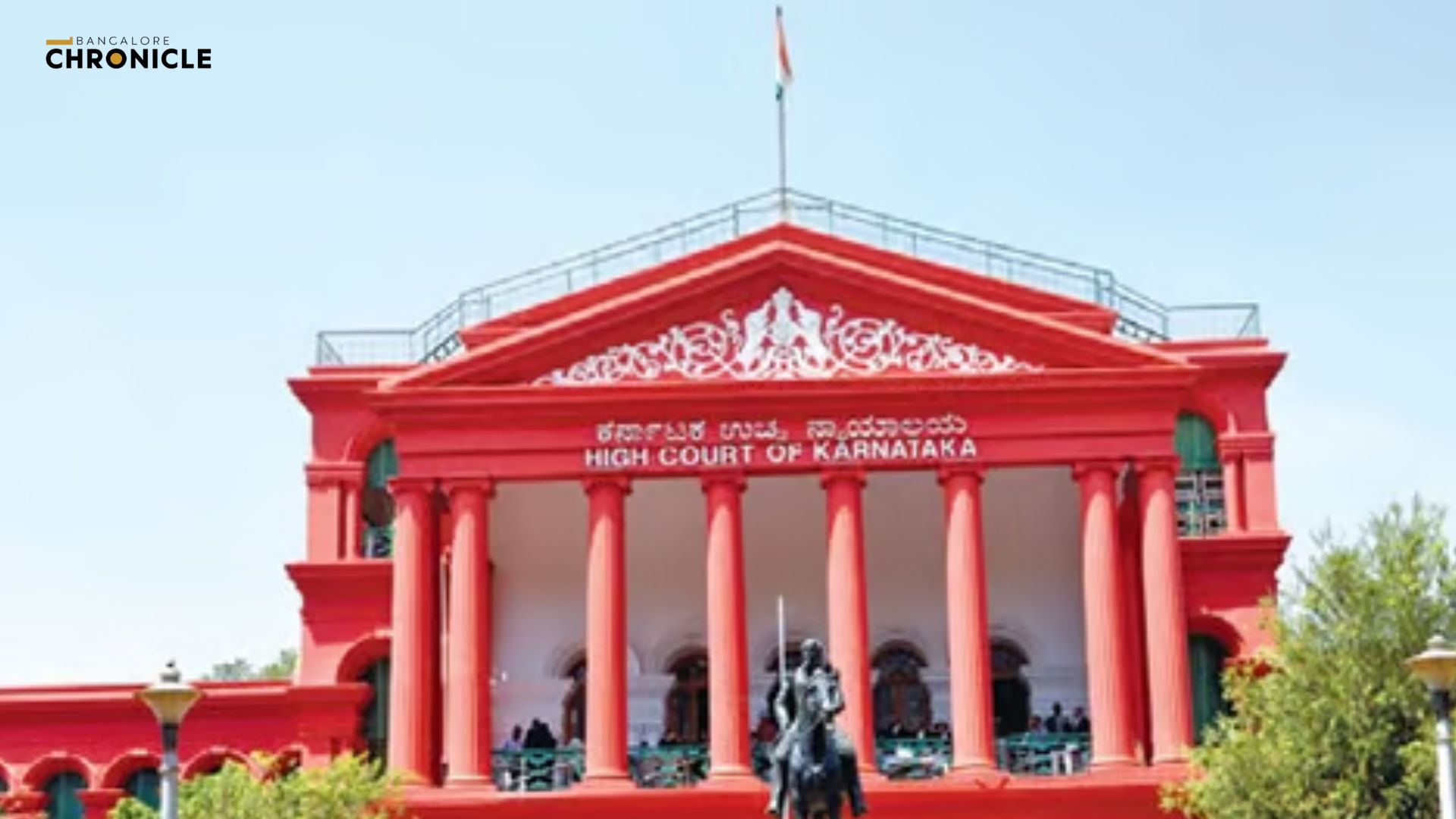
Historic Ruling
On December 21, the Karnataka High Court made a significant ruling. It ordered the National Law School of India University (NLSIU) to implement an interim reservation of 0.5% for transgender students in its admissions process. This decision also includes a fee waiver for these students. The court’s order will remain in effect until a formal reservation policy is created. This move aligns with a Supreme Court ruling from 2014, which emphasized affirmative action for transgender individuals.
Immediate Action Required
Justice Ravi V. Hosmani issued clear instructions to NLSIU. The university must develop a reservation policy for transgender candidates before the next academic year begins. While this policy is being prepared, NLSIU is required to grant a 0.5% reservation for transgender applicants. This percentage is half of what is allocated to transgender individuals in state government job reservations. Alongside this reservation, a fee waiver will also be provided.
The court highlighted that this measure was necessary due to NLSIU’s failure to follow the Supreme Court’s earlier directives. The admissions given to transgender applicants under this interim arrangement will not count against the university’s regular intake capacity.
The Background of the Petition
This ruling stemmed from a petition filed by a transgender individual. The petitioner sought both a reservation and financial assistance from NLSIU. They pointed out that the university’s current policies were discriminatory. These policies deprived transgender persons of equal opportunities in higher education.
The court recognized the challenges faced by transgender individuals. Many experience homelessness, familial rejection, and unemployment. These issues create barriers to accessing education and participating in public life. The systemic discrimination faced by transgender individuals was acknowledged in the NALSA judgment, which reinforced the need for proactive measures to support this marginalized group.
NLSIU’s Justification
In response to the petition, NLSIU defended its existing financial aid program. The university claimed it already offers assistance to students in need. In this particular case, NLSIU provided a laptop, a stipend of ₹27,000, and reimbursement for educational loan interest for three years. The university asserted that its financial aid policies could not be tailored to the specific needs of individual applicants. They also stated that the petitioner was aware of the fee structure before applying to the program.
Court’s Critique of NLSIU
The court criticized NLSIU for not taking proactive steps to aid transgender students. The judges pointed out that although the university professes to support an inclusive environment, it had not shared any initiatives to implement reservation policies or provide targeted financial assistance for transgender students.
In their observations, the court noted that defining a specific percentage for reservations and financial aid for transgender students might need broader discussions. They suggested that a commission could be appointed to consider these matters comprehensively.
Recommendations for Broader Policy
Beyond ordering NLSIU to provide interim reservations, the court made several recommendations. They urged the Karnataka state government to consider expanding its 1% horizontal reservation for transgender individuals in government jobs to educational institutions. Additionally, they proposed the creation of a fee reimbursement policy. Such a policy would enhance accessibility for transgender students seeking higher education.
Implications of the Directive
This court ruling is significant for several reasons. It represents a step forward in promoting inclusivity in higher education for transgender individuals. The judgment underscores the importance of higher education institutions actively working to uphold constitutional guarantees of equality. It also stresses the need for positive measures to address the historical disadvantages faced by marginalized communities.
As institutions like NLSIU begin to implement these changes, they will play a crucial role in shaping an equitable educational landscape. The move toward affirmative action for transgender students is essential in creating a more just society. The ruling serves as a reminder of the ongoing struggle for equality and the responsibility that educational institutions have in promoting inclusive practices.






